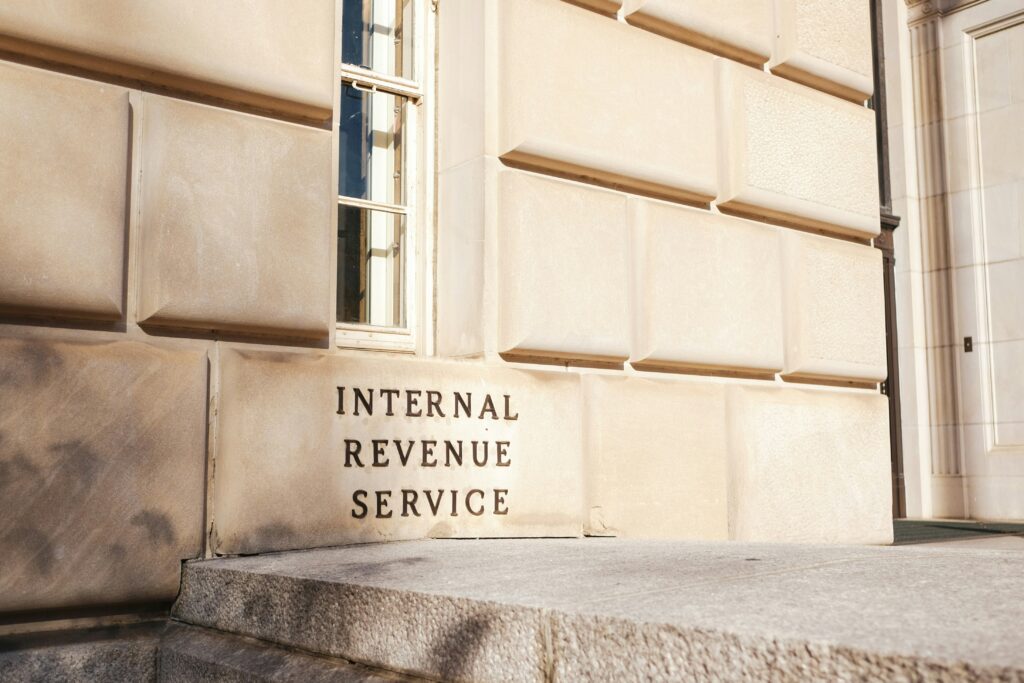Update on State Pass-Through Entity Taxes Beating the SALT Cap
State pass-through entity taxes (PTET) have become a prevalent strategy for businesses across the U.S., allowing them to bypass the $10,000 annual limit on state and local tax (SALT) deductions imposed by federal tax law. The primary advantage of PTETs is that they enable owners of pass-through businesses—such as multi-member LLCs, partnerships, and S corporations—to deduct their state income taxes at the entity level rather than on their personal tax returns, circumventing the SALT cap.
Mechanics of PTETs
The mechanism behind PTETs is straightforward: a pass-through entity elects to pay the state income tax on its business income directly rather than having this tax liability pass through to its owners. This state income tax payment is considered a business expense, which can be fully deducted on the federal tax return of the entity, thus sidestepping the $10,000 SALT cap. Subsequently, the entity’s owners either receive a state income tax credit for the tax paid by the entity or reduce their taxable income for state purposes by their share of the PTET. As a result, PTE owners can benefit from a federal tax deduction for all state income taxes due on their pass-through income.
Adoption Across States
As of 2023, 36 out of the 41 states that impose income taxes have adopted some form of PTET. States like Maine, Pennsylvania, and Vermont have pending PTET legislation, while Delaware and North Dakota are the only states with income taxes that have not enacted PTET or proposed legislation. In 2023 alone, seven states—Hawaii, Indiana, Iowa, Kentucky, Montana, Nebraska, and West Virginia—have introduced PTET laws. Notably, many of these new laws are retroactive. For example, Indiana, Iowa, Kentucky, and West Virginia’s PTET laws apply retroactively to 2022, while Nebraska’s PTET goes back to 2018.
Nebraska’s approach avoids complications with amending past federal tax returns by allowing entities to make payments for previous years’ state income taxes within a specified window, generating federal tax deductions and refundable credits for owners. Similarly, Colorado allows retroactive elections starting from 2018, with taxpayers having until July 1, 2024, to apply.
State-Specific Implementation
Each state’s PTET legislation varies significantly due to the lack of a uniform model. For instance, some states, like Connecticut, mandate PTET participation, whereas others, like Arizona and California, allow elective participation. The deadlines for making PTET elections also differ; some states require elections by the tax return due date, while others have unique deadlines, such as March 15 or April 15. In some states, such as California, special provisions have been made due to tax filing delays caused by storms.
PTET Election and Rates
Generally, PTET elections are binding for all owners of a pass-through entity, though a few states, including Arizona, California, New York, and Utah, allow opt-outs. Most states set PTET rates to align with or approximate their top individual income tax rates. Recent adjustments have seen states like Kentucky, North Carolina, and Ohio reduce their PTET rates starting in 2023 to make the PTET more attractive to business owners.
Non-resident Owners and Special Cases
Non-resident owners of pass-through entities are treated differently in various states. In many cases, the PTET is based on the total income of the PTE, while non-residents are taxed only on their share of income sourced to the state. This approach can result in higher PTET credits and federal deductions for resident owners than non-residents.
Takeaways
The introduction and expansion of PTETs represent a strategic move by states to help business owners mitigate the impact of the federal SALT cap. By enabling full deductibility of state income taxes at the entity level, PTETs provide a significant benefit for pass-through entities and their owners. As of now, 36 states have adopted PTETs, and several others are considering or implementing retroactive measures. Businesses must stay informed about specific state rules and deadlines to maximize their tax advantages.










